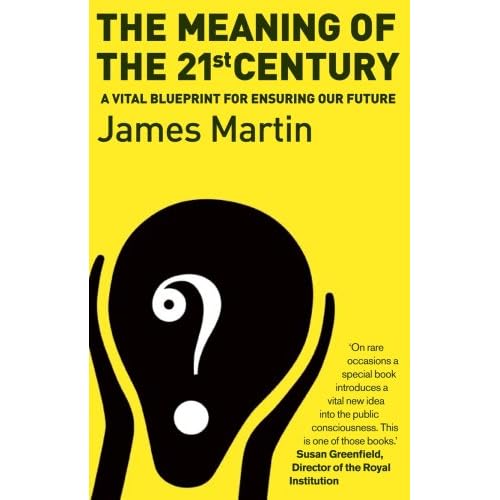I saw an Asus Eee in an electronics shop today. It is qualitatively different from any laptop I have ever seen. It has the feel of a child’s plaything, and carries the same air of cheapness.
As Charles Stross says, the laptop and PC are both heading for a period of commoditisation. As the cost of laptops, PCs, and consumer electronics in general start to fall they will become as expendable as pocket calculators and digital watches.
Aside from the size, the two things that struck me about the Asus Eee are how quickly it starts up, and the operating system. The OS is some Linux derivative. Because the Eee has a solid-state hard-drive and no disk drive it has no moving parts (except for the hinge and keyboard) and as such immediately feels less fragile than a normal laptop. There are no air vents either. Altogether it gives the impression of something you can pour tea on and drop on the floor and it will still work.
The OS is pretty straightforward. There is no messing around with desktop metaphors. There is a simple tab-based menu system with applications grouped into web, office, games, education etc. A great deal of the Eee functionality is based on connections with the Internet, and specifically with the web.
As I said, the laptop restarts in seconds. One of the single biggest causes of minor stress in my life is slow computers. It is a joy to finally discover one that starts in less than ten seconds.
These days most laptop/PC functionality for the casual user is connected with the Internet. Even office programs are now being brought online. Games are now played online. Programs can be developed online (I can’t actually bring an example of this to mind but I know they are there).
Would I buy an Asus Eee? Yes. If I had the disposable income, and if I actually needed one, and if I didn’t know that before my current lappy conks out there will be many cheaper and better laptops in the same league of cheapness and niceness as the Eee.
Google and Cloud Computing
If the Eee teaches us that laptops will become (even) cheaper and (more) ubiquitous then other movements in the world of technology show us even more about the nature of the world ahead.
One of the big buzzwords of recent months has been the idea of “cloud computing” where instead of running programs on a box on your desk, you just enter the data and the commands and they are actually processes in a big “cloud” out on the Internet. Eee-style computers will presumably one day be connected to the Internet via high-bandwidth links and farm out surplus processing to large servers many kilometres away.
Companies like Google have recently been moving towards support of this sort of computing. The Register article where I first noticed this is here. Those at The Register use the charming phrase data smelters (coined here) to describe the vast powerhouses of computation that exist for the purpose of swapping bits in the service of the Net.
The problem for Google is that what they really have (and all they’ve ever really had) is a good search algorithm, a superb brand, and a lot of computers. The search techniques that made Google so successful have now been copied by other search engines. The brand remains as strong as ever, and will be crucial to Google’s long term survival.
The last point: the lot of computers, gives us our glimpse into the future, not just of Google, but of computing in the second quarter of the 21st century. Vast data-warehouses connected via high-bandwidth links to thin clients like the Asus Eee.
Moore’s Law will probably chunter along for another few decades and then we’ll be left with ludicrously cheap laptop/mobile form-factor devices equipped with prodigious memory and processing power themselves, but connected via high-speed links to processing yards many orders of magnitude more powerful.
Every individual on the planet will own one of these cheap laptop/mobile form-factor devices but only the largest companies and states will be able to pay the huge costs of running the data centres.
Of course this could all be complete rubbish. It could be that swarm computing networks will emerge that reject the centralised client-server model in favour of a more egalitarian “flat” model without hierarchies.
Anyway: I’m willing to bet an Asus-Eee-equivalent of 2018 (i.e. £50 or thereabouts) that the next major upgrade of the MacBook family will involve a solid-state hard-drive.
Tom out.
UPDATE 21/03/2008: Goodness me I am such a fool. The most recent update of the MacBook family, the MacBook Air, does have a solid-state hard-drove option.











